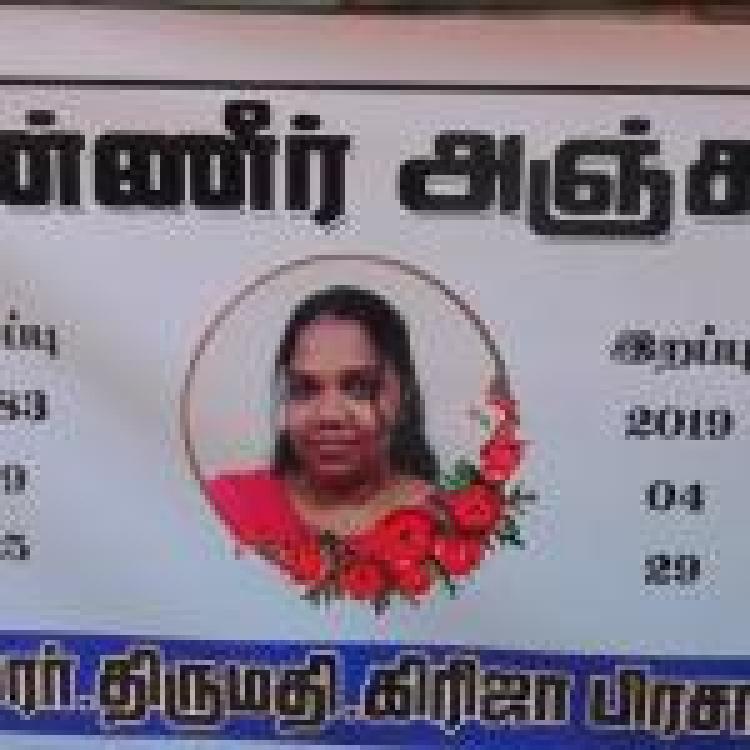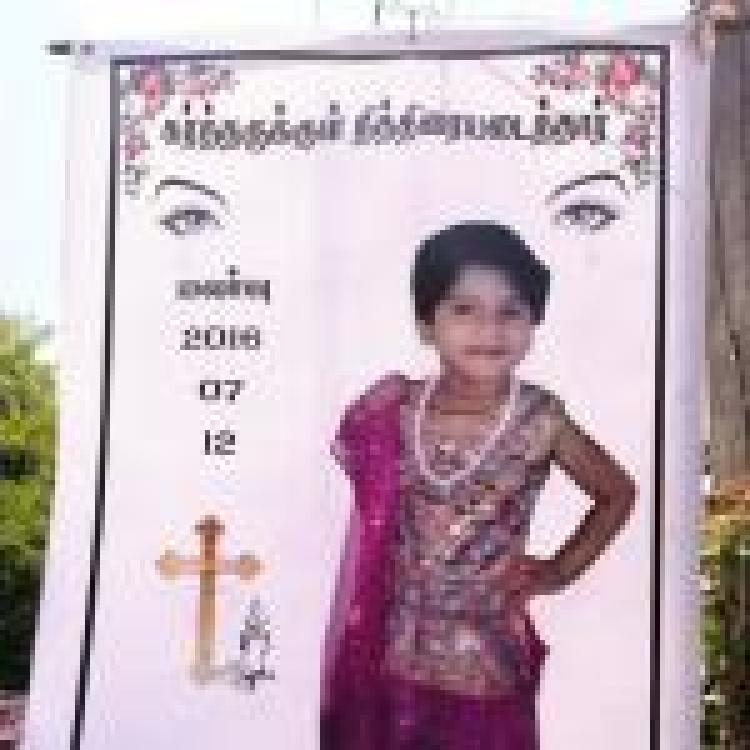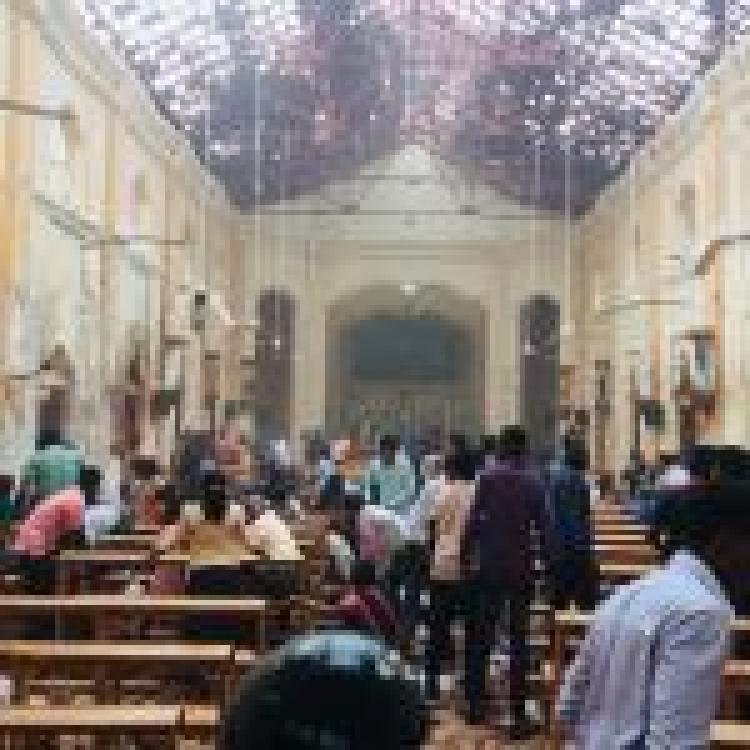![]()
Today marks the first Easter Sunday since the suicide bomb attacks last year that killed 359 people and injured 500 more, in a series of explosions targeting churches and luxury hotels.
Eight blasts were reported in total, attacking churches in Colombo and Batticaloa. Hotels hit by explosions include the Shangri-La, Kingsbury and Cinnamon Grand hotels and one other, all in Colombo. The three churches struck were the Catholic Shrine of St. Anthony in Kotahena, Colombo, the Catholic Church of St. Sebastian in Negombo and the Zion Church in Batticaloa. At least 45 foreign nationals were amongst the dead.
Though the Islamic State claimed responsibility for the attacks, with the lesser-known jihadist group National Thowheed Jamaath involved, it soon emerged that Sri Lankan intelligence services were aware that an attack was due to take place on Easter Sunday. Sri Lanka’s own parliamentary select committee report said the security forces may have allowed it to proceed in order to “create chaos and instil fear” ahead of presidential elections that took place last year.
Over 250 killed as ISIS claims responsibility for Sri Lanka bomb attacks
Sri Lankan security forces may have allowed Easter Sunday attack - parliamentary report
Across the island victims of the attacks are being remembered.
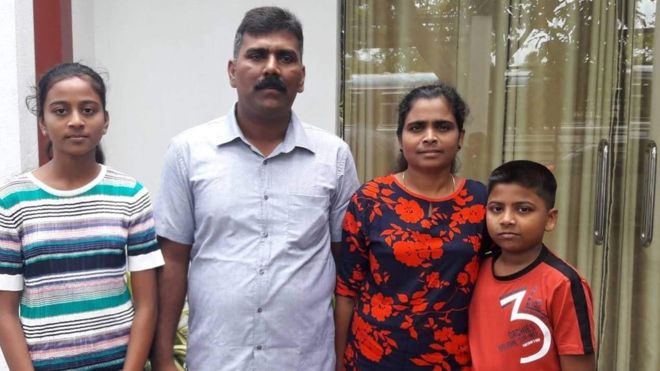
Amongst the dead was 40-year-old Ramesh Raju, who stopped one of the bombers from entering the church hall in Batticaloa, where a Sunday school packed with children and just finished. Fourteen children were among the dead in Batticaloa. Though he died in the blast, Ramesh’s actions saved the lives of many.
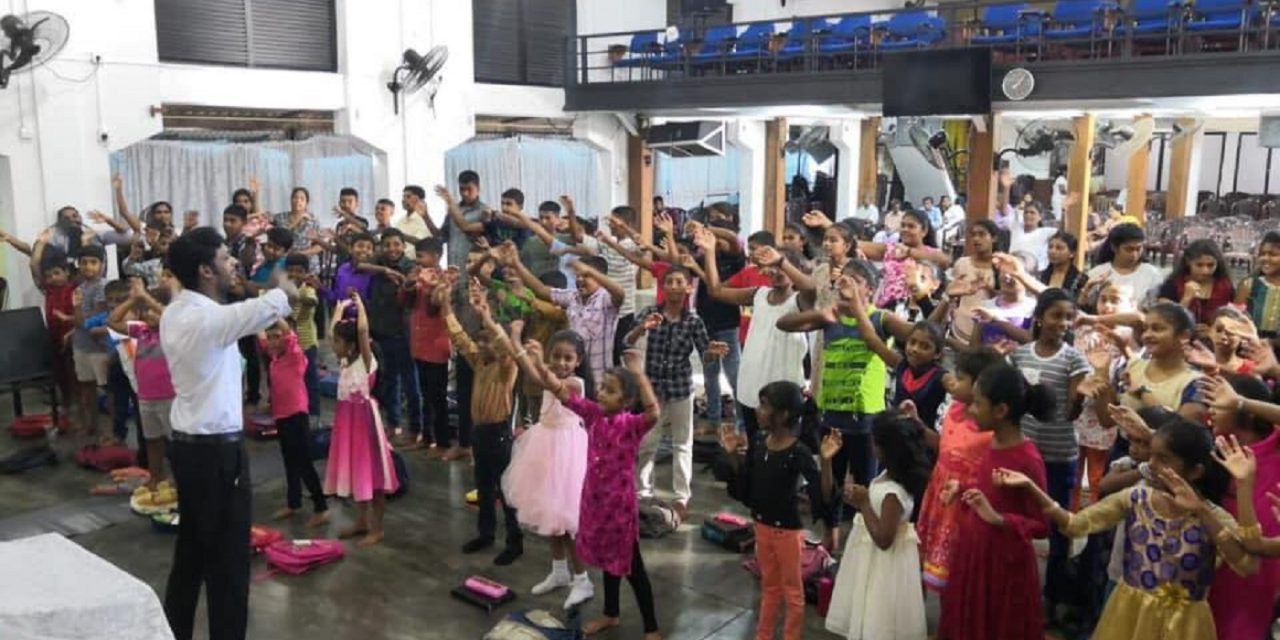
Read more on the attacks, the victims and the tributes that followed in our pieces below.
Batticaloa mourns children killed in Zion church bombing
Tributes paid across North-East for victims of Easter Sunday blasts
'Amma!' cry out children as mother succumbs to Zion church blast injuries
Death toll from Easter Sunday attack rises in Batticaloa
Injured Batticaloa bombing victim dies
Pre-school holds vigil for Zion church victims
Eastern University student succumbs to Zion Church attack injuries
In the immediate aftermath of the attacks, the Sri Lankan armed forces ramped up its security presence across the island as it declared a state of emergency.
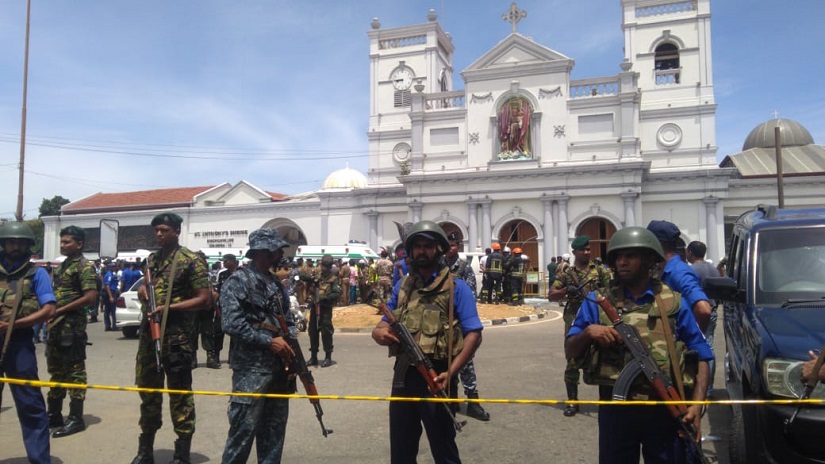
Violence against Muslims also began to flare up as Sinhala mobs attacked homes and businesses, forcing many to flee their homes.
Just weeks after the attack, Sri Lanka’s former defence chief Gotabaya Rajapaksa, who was at the helm when state forces killed tens of thousands of Tamils, announced he would run in presidential elections, and claimed he would stop the spread of Islamist extremism by rebuilding Sri Lanka’s intelligence services.
Since his re-election, after Rajapaksa ran on a staunchly Sinhala nationalist platform, there has been ra ping up of security, with accused war criminals promoted to senior government and military positions.
To date, no member of the Sri Lankan government, intelligence or security forces has been held accountable for the lapses that led to the Easter Sunday attacks.


